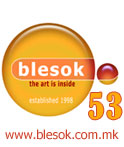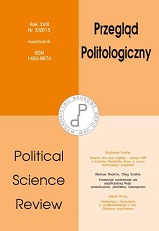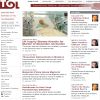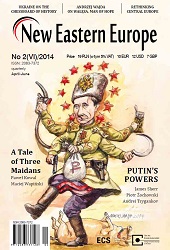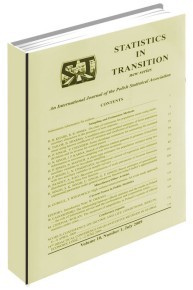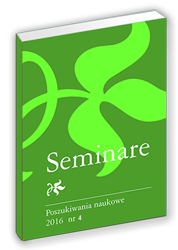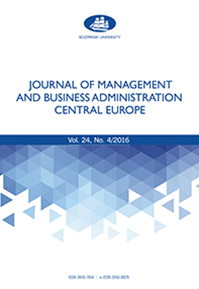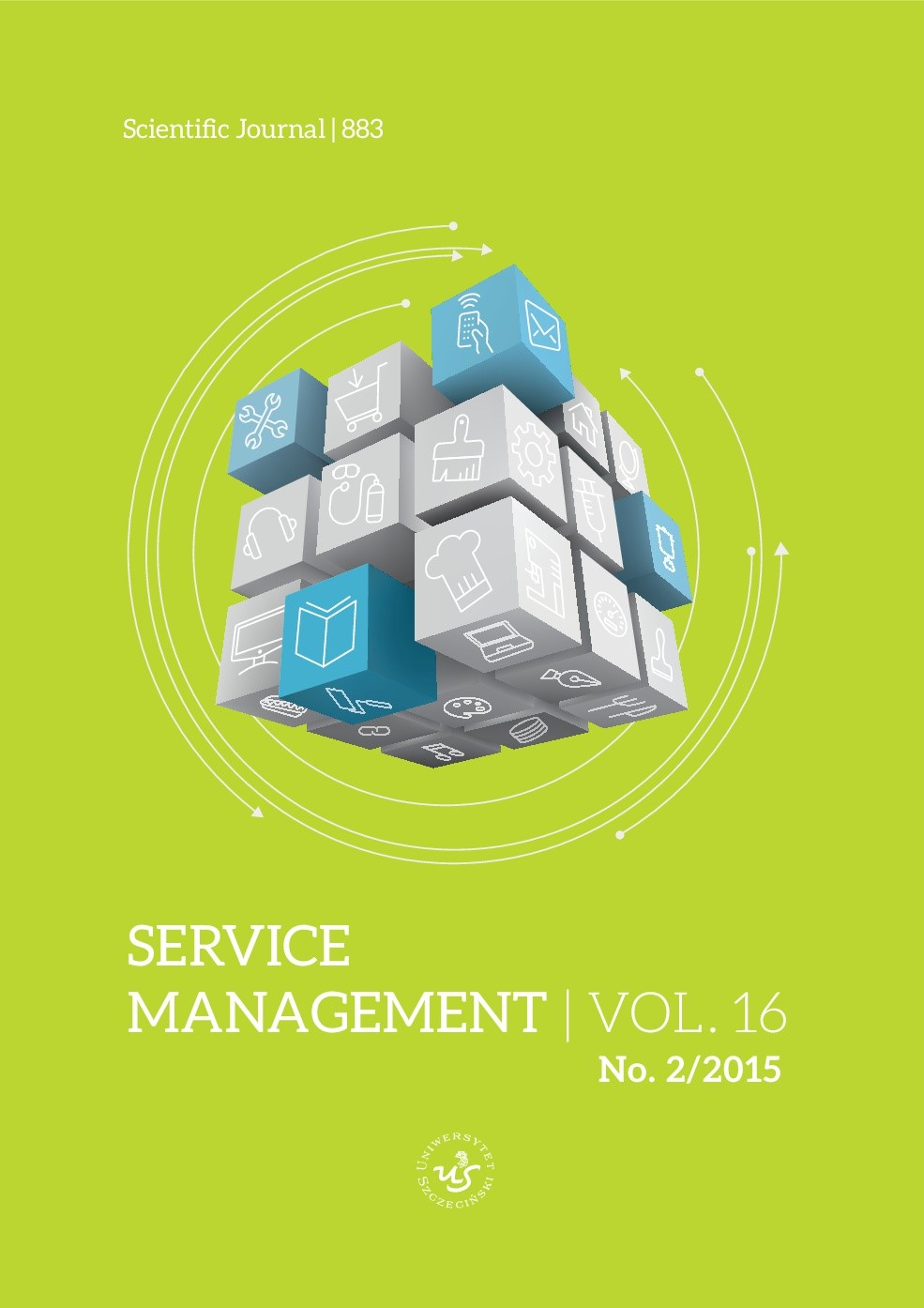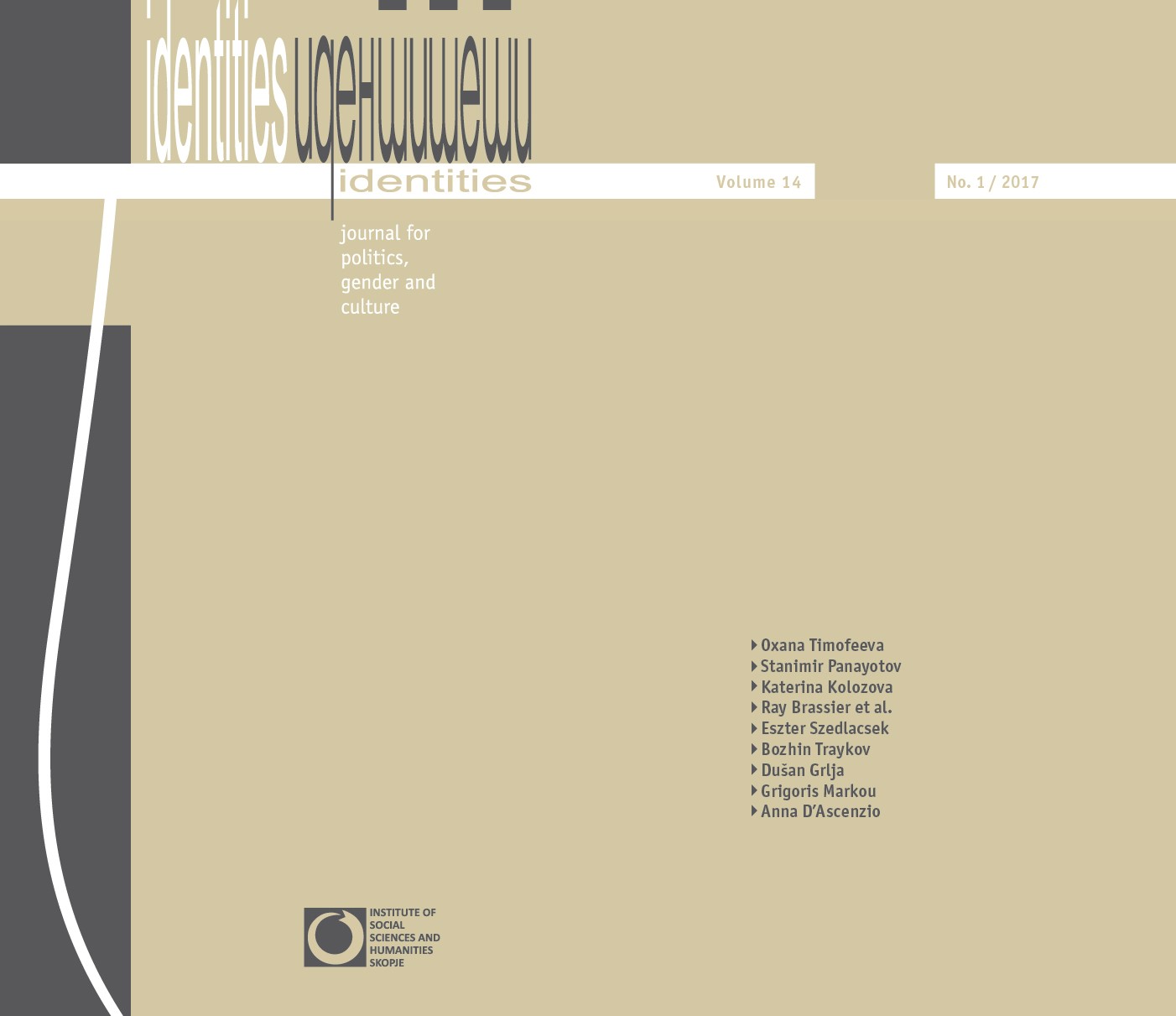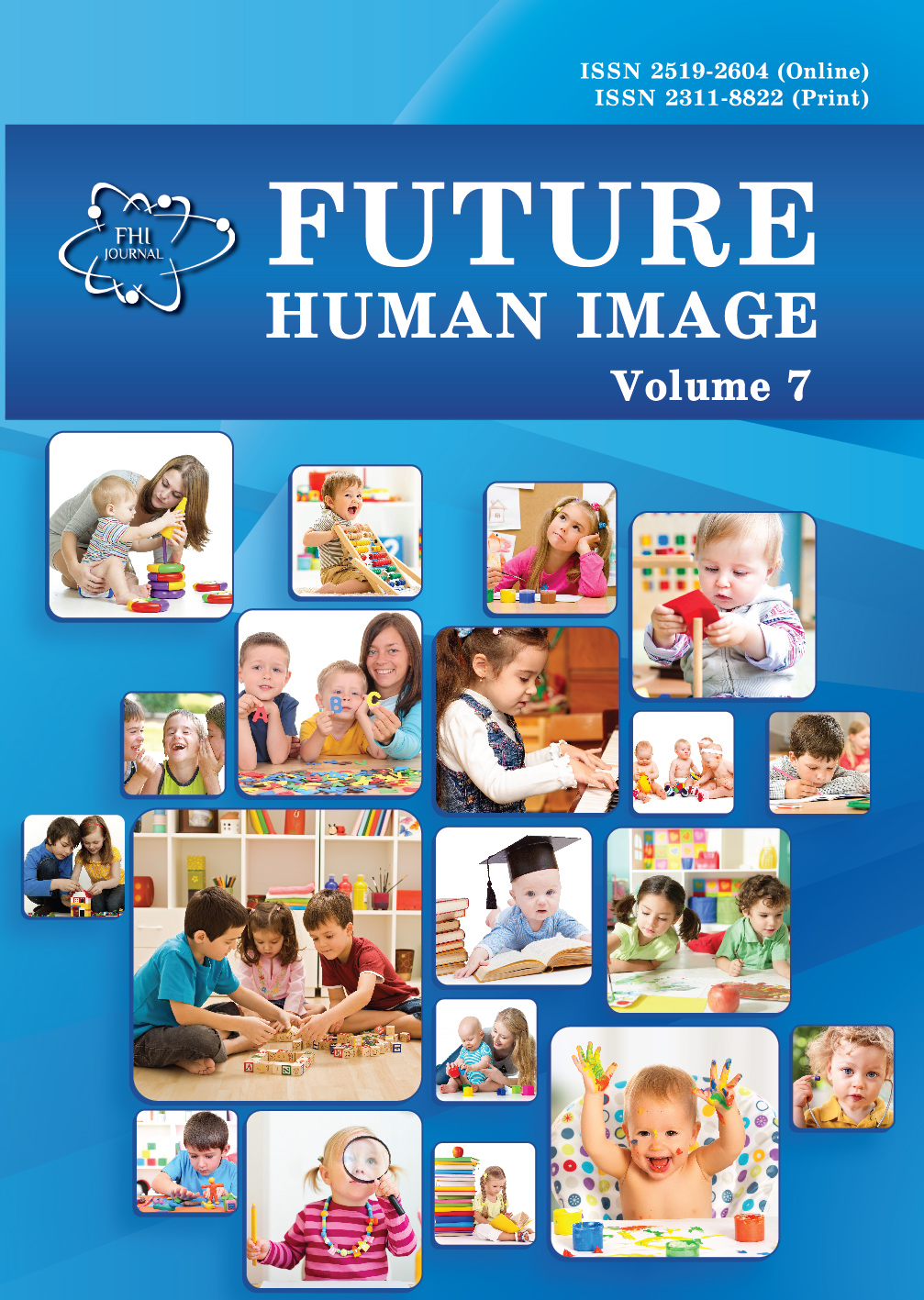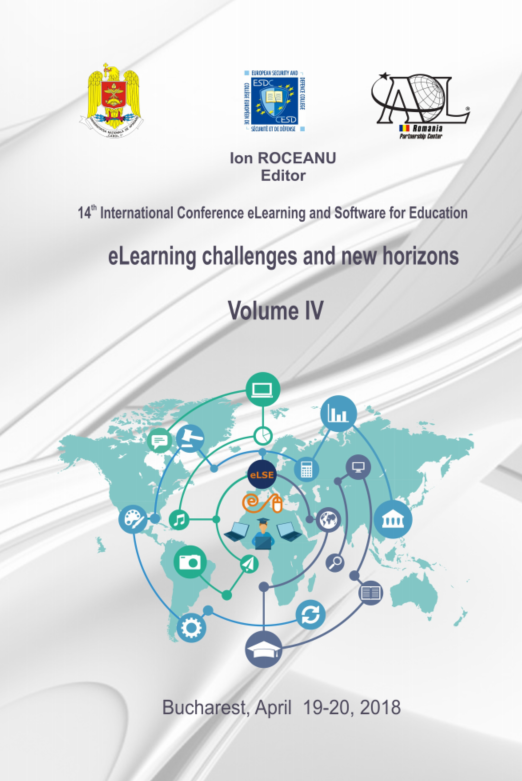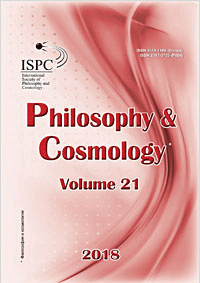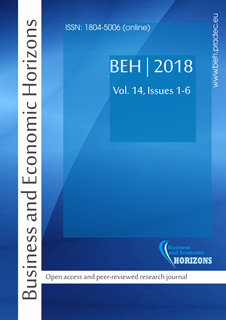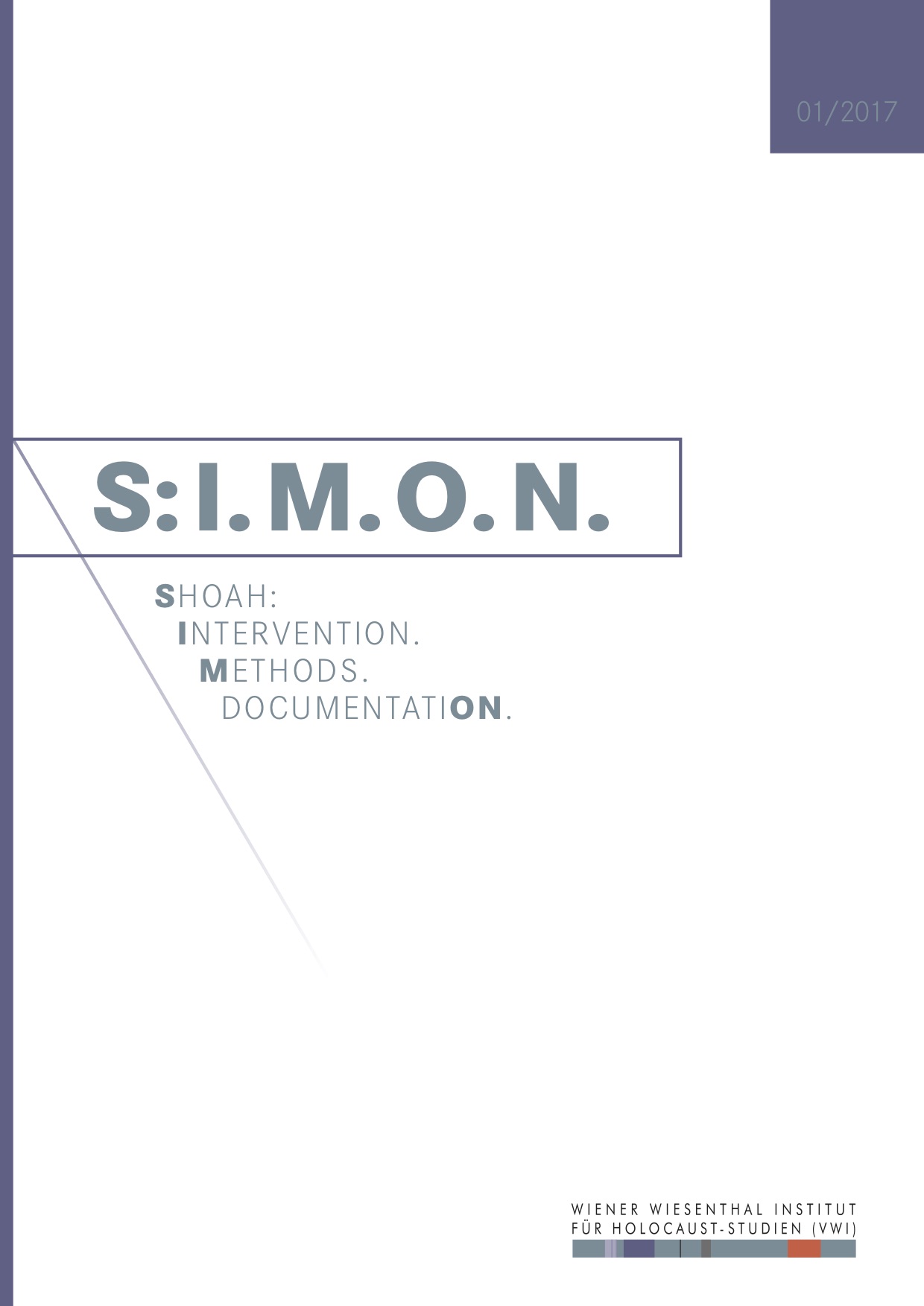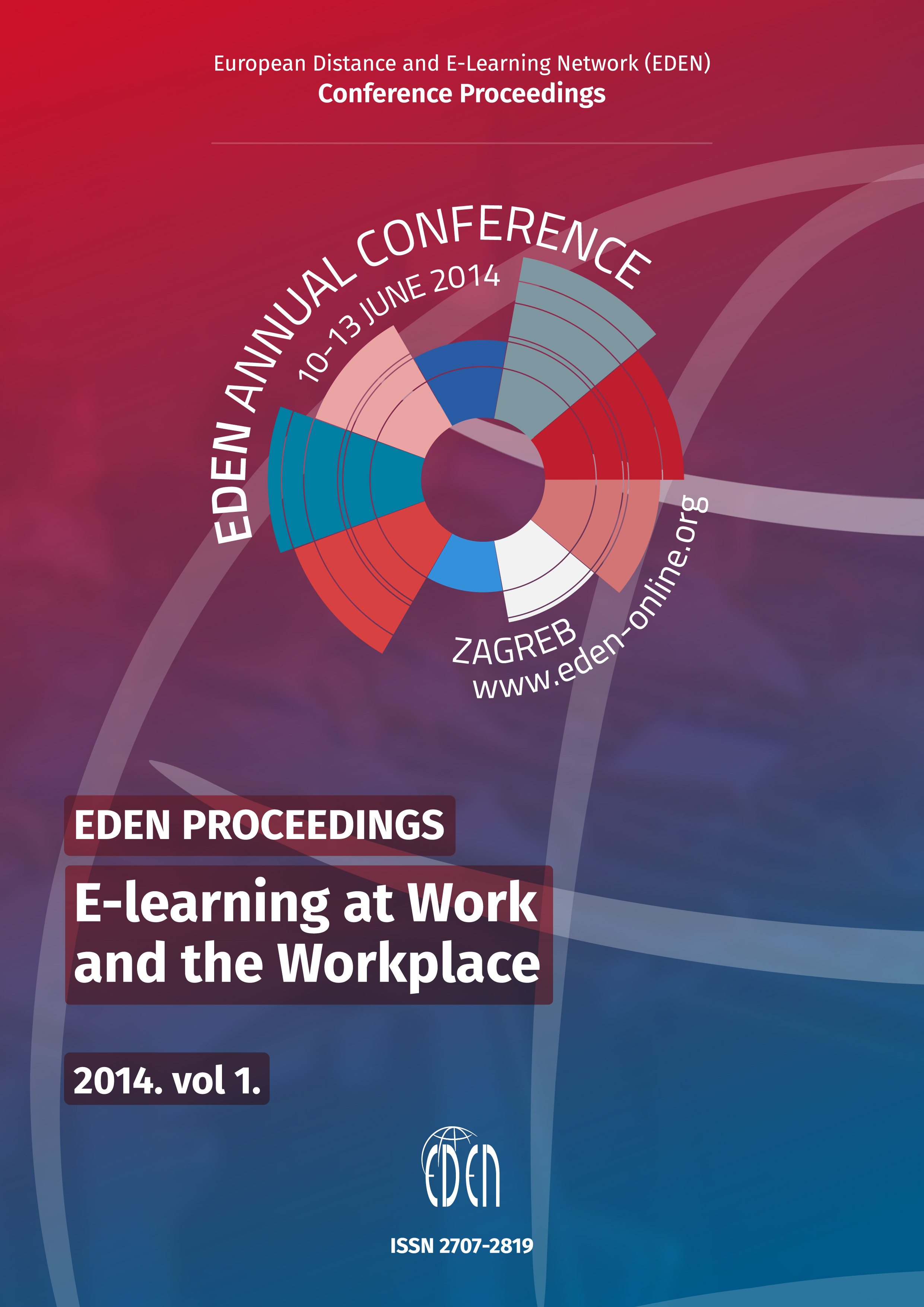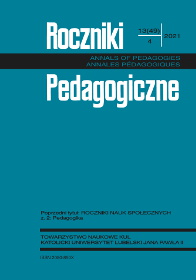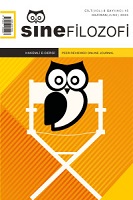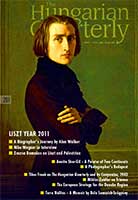
In Search of Ourselves. On Miklós Gulyás’s Photographs
In Search of Ourselves. On Miklós Gulyás’s Photographs
The title of Miklós Gulyás’s 2007 album is Hon, Magyarország keresése, or Home: In Search of Hungary. The subtitle is telling and gives an apt summary of what is characteristic of Gulyás’s entire career as a photographer. All of his portfolios have been produced in Hungary,1 and the captions of most of the photos show simply the place and the year in which they were taken. Yet I would venture to say that he could have taken them anywhere and the results would have been essentially the same, for the visible world is merely one of their components, ultimately of far less importance than the personal world of the photographer. The photographs show real scenes in real, everyday settings, they are “maps” of reality. Almost nothing is manipulated. Gulyás did not arrange the persons included, nor did he remove or add objects. He photographed everything as it was. Still, it is the magic of photography that the elements of the visible world, liberated from their original spatial and temporal interdependencies, can be made to serve an entirely new message. This only functions, however, if the photographer is deliberate and systematic in his work and able to decide in a split second what to include, what angle to employ and how to assemble the individual images to form a series. Gulyás’s pictures are superb examples of this magical process. They are authentic, objective snapshots in the traditional sense of the term, moments captured in their immediacy, with elements that seem incidental, yet are part of a carefully considered creative concept.
More...
